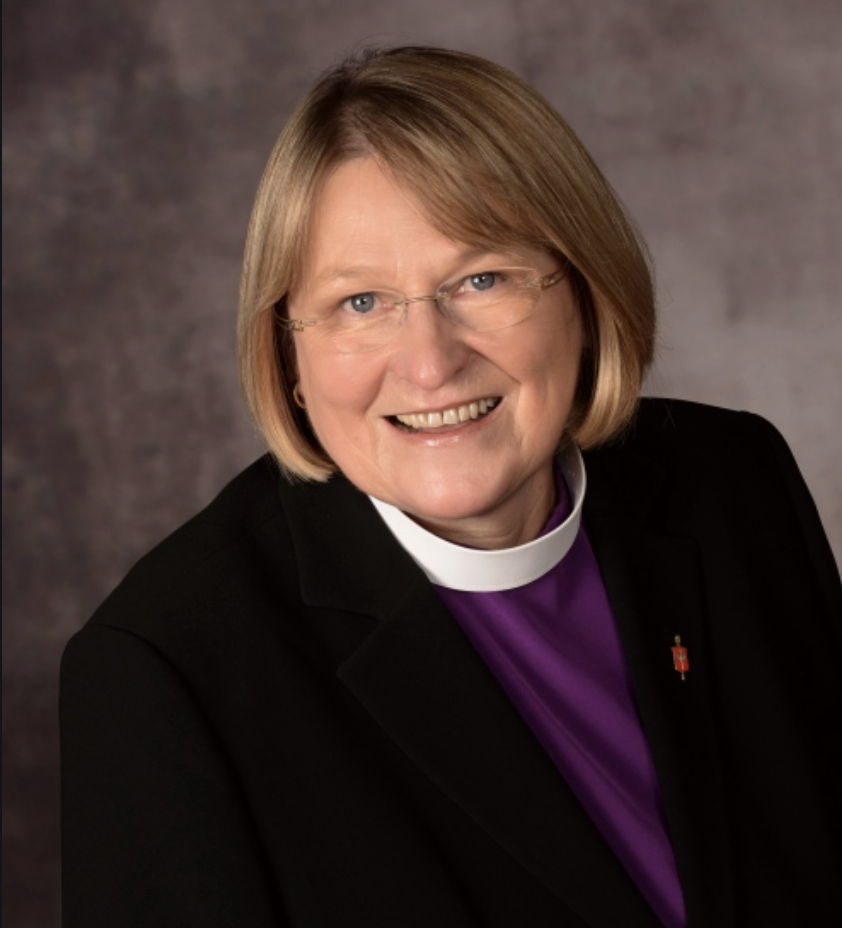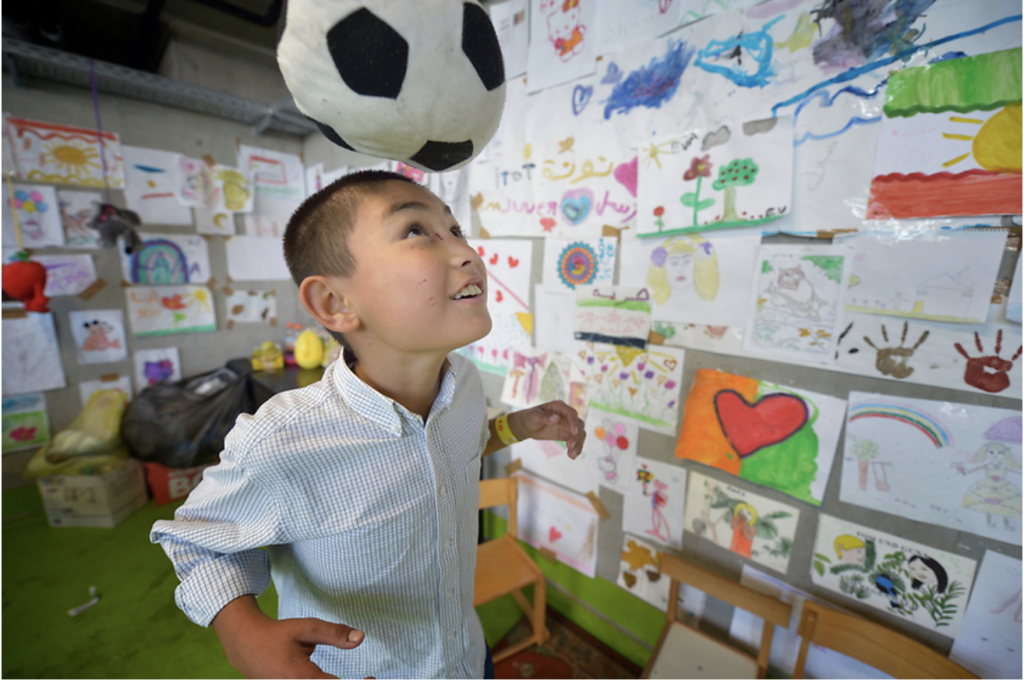We’re grateful to share this update and reflection from a member of The United Methodist Church, Bishop Rosemarie Wenner.

In Germany where I live, we are supposed to stay at home this month. Schools are open and those who cannot do home office work in their offices our factories, of course we can go to the supermarket, but otherwise we should minimize physical contacts with others. By abiding to these rules, we hope to lower the infections with the SarsCOV2 virus. Not only here, but throughout the world people spend much more time at home then they did before. But what about those who have no home? Recently I reached out to colleagues in the World Methodist Council who serve with migrants. What I heard saddened me deeply: Migrant workers lost their jobs and stranded anywhere and nowhere. Refugees who survived terrible treatment in camps in Libya and the passage to the shore of Italy are quarantined on vessels for several weeks. Many of those who arrived in a country they chose to reach for refuge are lacking food, shelter, health care and education. Xenophobia is increasing; many people think that migrants take resources that belong to the settled inhabitants.
June 2019, the World Methodist Council organized a Consultation on Diaspora/Migrant churches. The participants urged the Methodist churches around the globe to “be the church in new ways” and to be in mission together with migrants and refugees through partnership and mutual accountability, increased intercultural awareness and by exercising advocacy and humanitarian assistance, to be “a prophetic voice that affirms the human dignity of all God’s children and denounces the violence and injustice inflicted against migrants”. All of this is more urgent today than it has been a year ago. Yes, we are supposed to stay at home. But we can explore how migrants and refugees are coping with this Pandemic. We can cooperate with religious leaders, politicians, and NGO’s to provide basic human rights and give migrants and refugees agency. We can make use of digital means to connect in prayer and action. Here I learn a lot from United Methodists from the Philippines today living and serving in many places around the globe, in the US, the Middle East, Australia and Europe. Through a Facebook prayer chain, they connect amongst themselves as well as with fellow Christians from many nations. Last, but not least: Those of us who have a stable income can provide funding to feed the hungry and heal the sick.

Copyright Paul Jeffrey Paul Jeffrey/ACT Alliance
Engaging with migrants we will meet Christ, who says: “I was hungry and you gave me food, I was thirsty and you gave me something to drink, I was a stranger and you welcomed me, I was naked and you gave me clothing, I was sick and you took care of me, I was in prison and you visited me.” (Matthew 25,35-36 NRSV).
Rosemarie Wenner, World Methodist Council Geneva Secretary